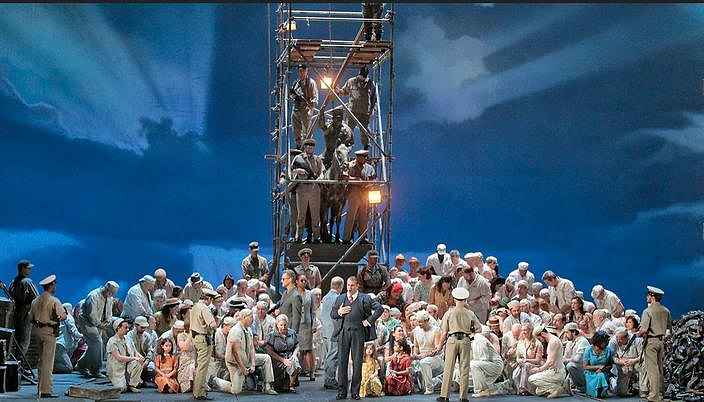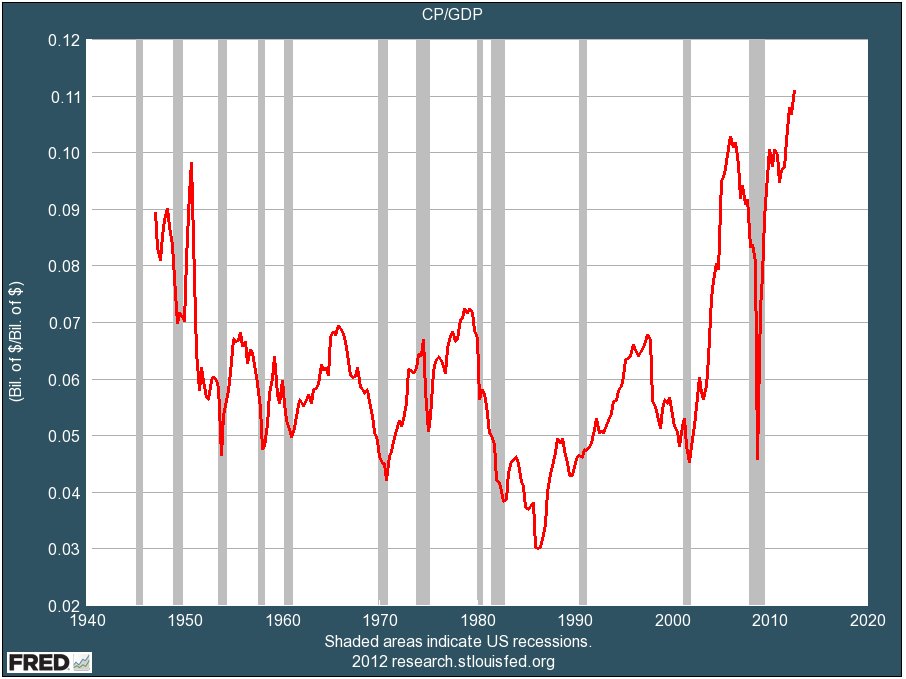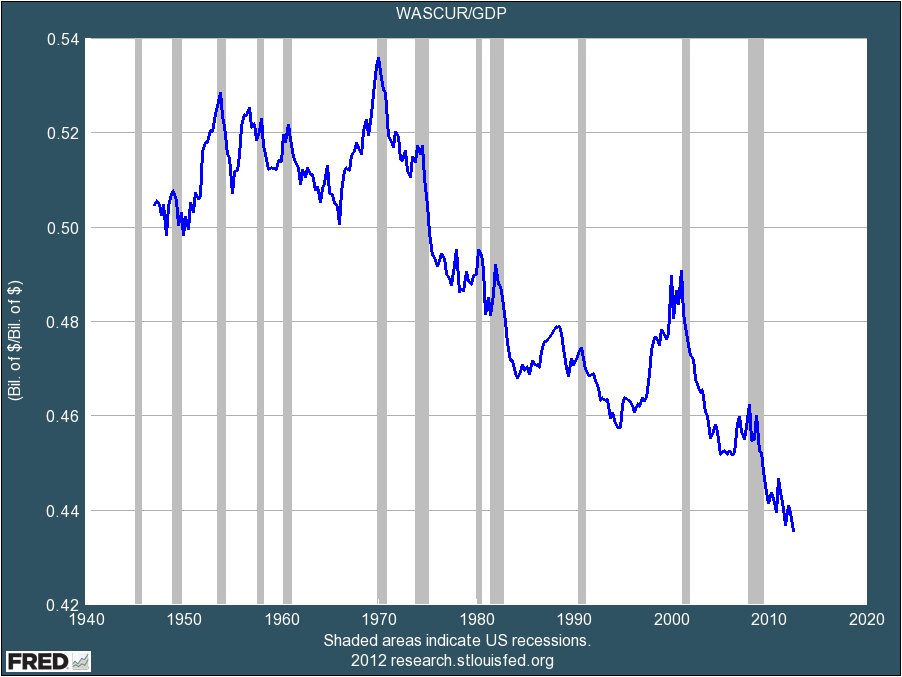






See listing of Recent and Most Popular articles on the Home Page
My World
Category: Holidays / Topics: History • Labor Day • Statistics • Trends • Work
Work Matters
The need to check our priorities
by Stu Johnson
Posted: September 7, 2015
On this Labor Day, a look at the need to make work matter if we wish to have a strong society…
Good jobs
It must be thirty years ago now that I had a conversation with someone who had been an executive for a furniture manufacturer in Grand Rapids, Michigan—at that time a center of furniture-making in America. He said that a major part of the mission of his company was to create good jobs, recognizing the importance of craftsmanship behind the quality of their products.
My father was a machinist. Timing (the Depression and then World War II) prevented him from fulfilling his dream of becoming a tool and die maker, the ultimate expression of craftsmanship for him. Yet, he was able to bring those skills to his work as a machinist and in projects at home. We would joke about the time he would spend meticulously planning even the simplest project, fashioning jigs, and then admire the expression of perfection in the finished product.
While work can be joyless and burdensome, the activity of work is a reflection of creation and our own created-ness. Throughout the Bible God is honored as creator/craftsman, work is valued and employers are held to a high standard. Just a few examples (emphasis added):
The heavens declare the glory of God; the skies proclaim the work of his hands. Psalm 19:1
The works of his hands are faithful and just; all his precepts are trustworthy. Psalm 111:7
Those who work their land will have abundant food, but those who chase fantasies have no sense. Proverbs 12:11
One who is slack in his work is brother to one who destroys. Proverbs 18:9
Six days you shall labor, but on the seventh day you shall rest; even during the plowing season and harvest you must rest. Exodus 20:9
Do not defraud or rob your neighbor. Do not hold back the wages of a hired worker overnight. Leviticus 19:13
Do not take advantage of a hired worker who is poor and needy.... Deuteronomy 24:14
A strong work ethic fueled the American dream before political correctness and the growing global economy soured the optimism behind those concepts. Yet, it was reflected in the humble lives of my grandparents who came to the Chicago area among a large wave of Swedish immigrants in the 1890s. More typical than the rags-to-riches success stories of the exceptional few, they were able to see the fulfillment of a dream that their children and their children’s children would have better lives and achieve more than had been their lot.
Sadly, the Great Recession has led many to assume that we are in a “new normal” where such optimism is no longer possible. It is a trend, however, that started much earlier than 2008 and deserves our attention on this Labor Day.
What’s wrong with this picture?
As a free market advocate, it is disheartening for me to see the countervailing rather than complimentary trends of wages and profits. It goes back to the years following World War II, but has accelerated as the global economy has gained prominence.
Henry Bloget, writing for Business Insider in 2012, made several compelling and disturbing points. Here is an excerpt (bold emphasis in original, bold italic emphasis mine).
If you're looking for answers as to what has gone wrong in the U.S. economy--why so many people are unemployed, why so many Americans barely make enough to live on, why "the 1%" just keeps getting richer--here are two charts for you.


Proftis (left), Wages (right) - source: St. Louis Federal Reserve Bank
1) Corporate profit margins just hit an all-time high. Companies are making more per dollar of sales than they ever have before.
2) Wages as a percent of the economy are at an all-time low. This is closely related to the chart [on the left]. One reason companies are so profitable is that they're paying employees less than they ever have before.
What's wrong with this picture?
What's wrong is that an obsession with a very narrow view of "shareholder value" has led companies to put "maximizing current earnings growth" ahead of another critical priority in a healthy economy:
The happiness and well-being of employees
. . . . U.S. companies have become obsessed with generating near-term profits at the expense of paying their employees more, making capital investments, and investing in future growth.
This may help make their shareholders temporarily richer.
But it doesn't make the economy healthier.
. . . with American companies earning record-high profits and paying record-low wages--and the economy continuing to sputter--we might want to rethink our priorities. [1]
Not an easy fix
In a major advertising campaign over recent months, Walmart proudly proclaimed “We’re investing over $1-billons this year in higher wages, education and training.... a raise in pay raises us all.” [2] Announced in February and effective in April, the $9 minimum announced by Walmart was well below the $15 that had been pushed in well-publicized demonstrations in major cities (and adopted as the minimum wage by several of them, though phased in over as many as five years). While Walmart’s minimum was set at $9 per hour, the ad contains a not-so-subtle allusion to the $15 target of protesters by showing an aisle 15 cash register light coming on.
The move by the world’s largest retailer got generally good reviews at the time, with expectations of positive results for Walmart (and, by implication, other companies that would join the movement to hike wages substantially). [3]
Approaching the back-to-school season just before Labor Day and the major end-of-year holiday shopping season, Walmart is apparently running into some problems balancing its investment in workers with the expectations of its own investors. In an August 31 article in BloombergBusiness, Shannon Pettypiece reported:
Wal-Mart Stores Inc., in the midst of spending $1 billion to raise employees’ wages and give them extra training, has been cutting the number of hours some of them work in a bid to keep costs in check.
Regional executives told store managers at the retailer’s annual holiday planning meeting this month to rein in expenses by cutting worker hours they’ve added beyond those allocated to them based on sales projections.
The request has resulted in some stores trimming hours from their schedules, asking employees to leave shifts early or telling them to take longer lunches, according to more than three dozen employees from around the U.S. The reductions started in the past several weeks, even as many stores enter the busy back-to-school shopping period.
Chief Executive Officer Doug McMillon is trying to balance a desire to improve service -- partly through increased spending on his workforce -- against investors’ pressure to keep profit growing. Labor costs, which rose after Wal-Mart increased its minimum wage to $9 an hour in April, have weighed on earnings, which missed analysts’ expectations last quarter. At the same time, Wal-Mart is trying to maintain low prices to fend off rivals. (emphasis added) [4]
Getting priorities right
While boardrooms treat the world like a giant game of Monopoly, many workers on this Labor Day are living their own Game of Life with perhaps less success than they had envisioned. There should be a reasonable balance between profits and wages—and recognition of the contribution that good work ultimately brings to the bottom line and the economy—the healthy ecosystem that Blodget calls for. On this Labor Day, let’s celebrate the value of work and its role in a healthy society.
NOTES:
- “These Two Charts Show How the Priorities of US Companies have Gotten Screwed Up,” Henry Blodget, Business Insider, December 1, 2012 - www.businessinsider.com/profits-versus-wages#ixzz3kxQ02Rww
- View the commercial and information about it on iSpot.tv - www.ispot.tv/ad/78OS/walmart-raise-in-pay
- To see early reaction to the Walmart initiative, conduct a search on “Walmart Billion Dollar Investment” and look for responses in February 2015.
- “Wal-Mart Curs Some Workers’ Hours After Pay Raise Boosts Costs” by Shannon Pennypiece, BloombergBusines, August 31, 2015 - www.bloomberg.com/news/articles/2015-08-31/wal-mart-cuts-some-workers-hours-after-pay-raise-boosts-costs
This article was also posted on Stu Johnson's InfoMatters blog at sjassociates.com/blogs/infoMatters/work_matters
Search all articles by Stu Johnson
Stu Johnson is principal of Stuart Johnson & Associates, a communications consultancy in Wheaton, Illinois. He is publisher and editor of SeniorLifestyle, writes the InfoMatters blog on his own website and contributes articles for SeniorLifestyle. • Author bio (website*) • E-mail the author (moc.setaicossajs@uts*) • Author's website (personal or primary**)* For web-based email, you may need to copy and paste the address yourself.
** opens in a new tab or window. Close it to return here.
Posted: September 7, 2015 Accessed 793 times
![]() Go to the list of most recent My World Articles
Go to the list of most recent My World Articles
![]() Search My World (You can expand the search to the entire site)
Search My World (You can expand the search to the entire site)
![]() Go to the list of Most Recent and Most Popular Articles across the site (Home Page)
Go to the list of Most Recent and Most Popular Articles across the site (Home Page)
 Loading requested view...
Loading requested view...